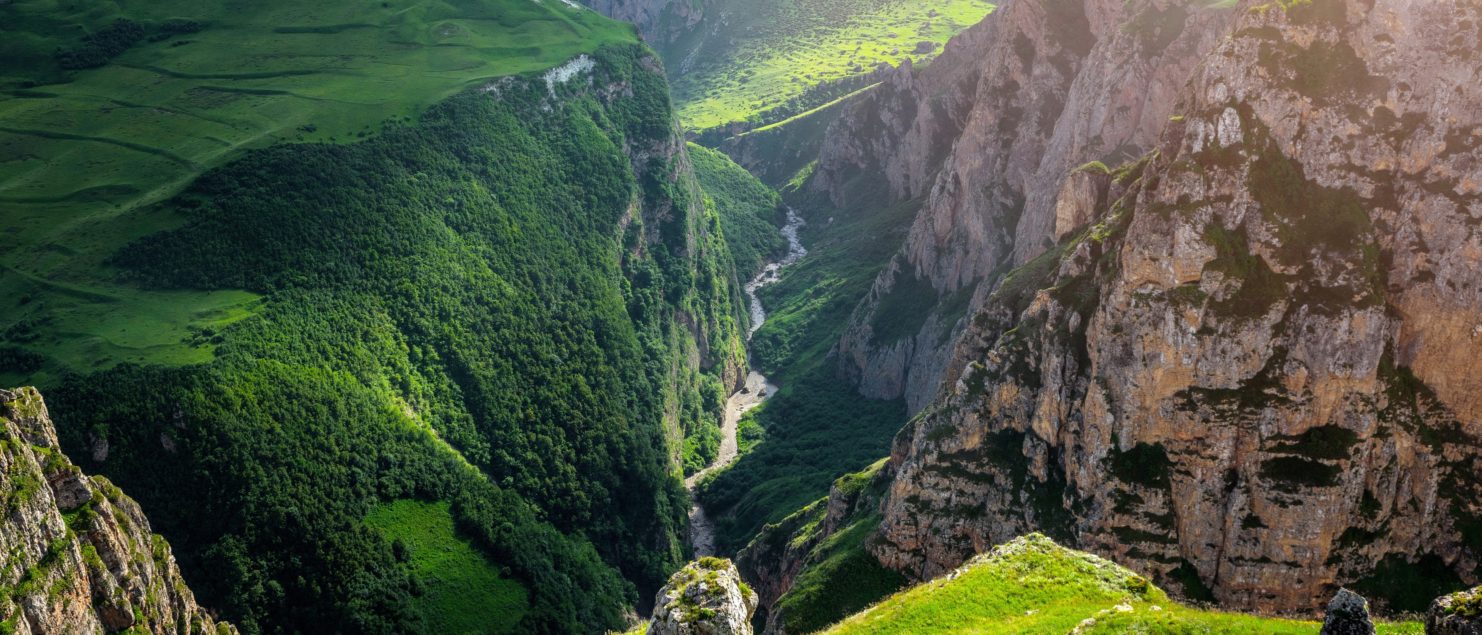About Azerbaijan
Azerbaijan is a country of unique nature, distinctive culture, centuries-old customs and traditions, rich and authentic cuisine. The country is located in the South Caucasus at the intersection of Europe and Asia, stretching from the Caspian Sea in the East to the Lesser Caucasus in the West, Greater Caucasus to the North and Iranian plateau and Aras (Araxes) river to the South. The territory of the country is covered with mountains and plains characterized with beautiful landscapes.
Azerbaijan is famous for many inventions and innovations in the oil industry, including building of the world’s first paraffin factory (1823) and drilling the world’s first oil well (1846) in Baku. It was the first Republic in the Muslim East (1918).
The first classical opera of the Muslim world, “Leyli and Majnun” (1908) was composed by Azerbaijani composer Uzeyir Hajibeyli with a synthesis of traditional music of Mugham and classical music. Also, the first classical ballet in the Muslim Eastern countries, “Maiden Tower” (1940) was written by Afrasiyab Badalbayli.
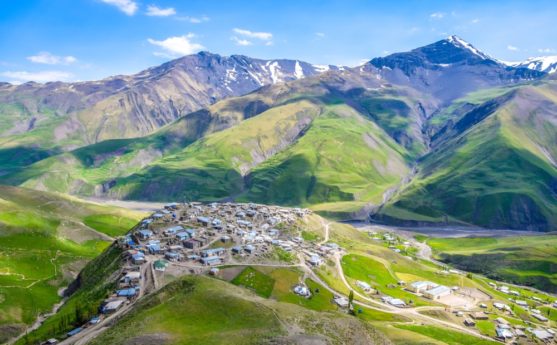
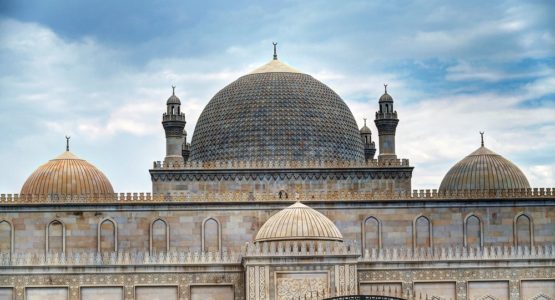
Azerbaijan, located at the crossroads of various civilizations throughout many centuries has become famous for its values of multiculturalism and tolerance, where representatives of various ethnicities and faiths live in the atmosphere of peace, mutual understanding, dialogue and welfare. The main religion in Azerbaijan is Islam, though Azerbaijan is the most secular country in the Muslim world.
Juma Mosque in the city of Shamakhi of Azerbaijan is considered as one of the oldest mosques in the Caucasus (construction date: 743-744). Also, throughout many centuries Azerbaijani religious scholars contributed to Islamic thought and philosophy, in particular through the development of Sufism.
World-renowned Sufi orders as Safaviya, Suhraverdiya and Khalvatiya were established by the famous scientists-Sufis lived and created on the Azerbaijani land. Works of such great Azerbaijani poets as Nizami, Mahsati Ganjavi, Hagigi, Nasimi, Khatai, Fuzuli, Mirza Shafi Vazeh also have absorbed the ideas of Sufism.
Also, it is no coincidence that the world’s only all-Jewish town (Gyrmyzy Gasaba) outside Israel and the United States is located in Azerbaijan. A new synagogue for the Jews of Azerbaijan (an estimated 30,000 Jews live in Azerbaijan), entirely financed and built by the Government of Azerbaijan in 2011, in Baku is the first synagogue built by government of a predominantly Muslim country.
Approximately 5% of the Azerbaijani population is Christian, and they pray openly, often celebrating events collaboratively with their Muslim brothers and sisters. There are German Lutheran Church and a Russian Orthodox Church in the country. The new Catholic Church (Church of the Virgin Mary’s Immaculate Conception) the cornerstone of which was laid during Pope John Paul II’s visit to Baku in May 2002, was inaugurated in 2008 on a land gifted by the Government of Azerbaijan.
Despite the 3-decade long military occupation of Azerbaijan’s lands by Armenia, over 30,000 ethnic Armenians continued to live peacefully in Baku and other major cities of the country. Armenian Church (St. Gregory’s Church) has been well preserved in the center of Baku and was included by the Government of Azerbaijan in the list of “National Registration of Historical Monuments in Azerbaijan”.
The centuries-old Albanian Church of the Holy Virgin Mary, located in Nij village of Azerbaijan’s Gabala district, has been recently overhauled by the Heydar Aliyev Foundation.
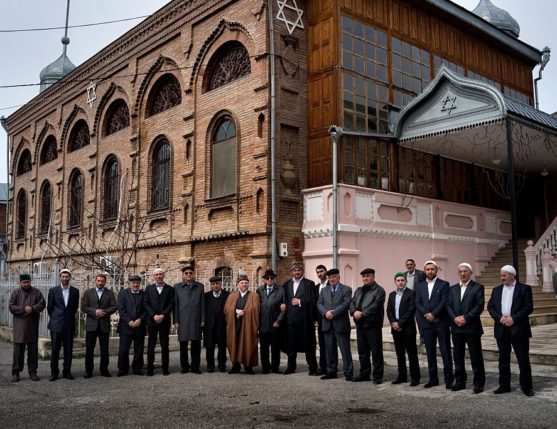
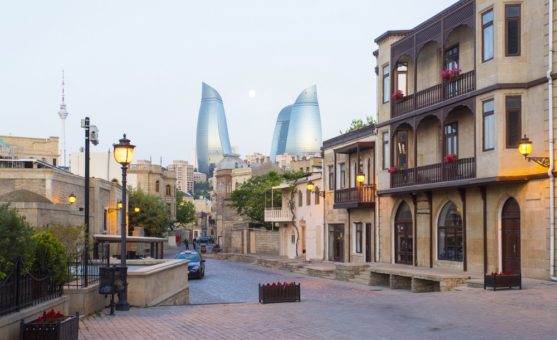
With the collapse of the Union of Soviet Socialist Republics (USSR) in 1991, Azerbaijan regained its independence and starting from the mid-90s embarked on a path of rapid economic growth mostly thanks to its oil-based revenues as well as political and economic consistency. Starting from the very early days of its independence, in the early 90s, the country passed through the bloody war resulted with the occupation of the Nagorno Karabakh region of Azerbaijan and seven adjacent districts by the neighbouring Armenia. The occupation lasted for almost 30 years and ended in November 2020. Eventually, the liberated lands of Azerbaijan famous for their nature and cultural heritage were brought back to the wide economic and touristic maps of the world.
During the years of independence the construction of primary infrastructure for the development of tourism in the regions has begun. Now Azerbaijan is one of the 20 fastest growing countries in tourism in the world with its rich national-cultural heritage, extraordinary landscapes, climate diversity and rich variety of flora and fauna.
